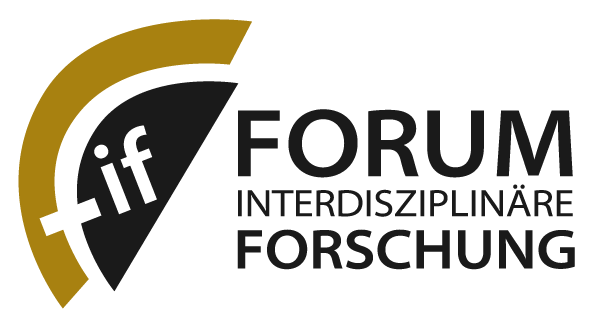Kühnle, Felix
Institute for Sports Science | “Whistleblowing about doping in sport: social conditions and generative mechanisms” | Lecture on 10.07.2024
The challenge
What is the meaning of whistleblowing in sport – especially when it comes to doping? The major doping scandals of recent years were not revealed by laboratory tests, but by whistleblowers – as in the case of cyclist Lance Armstrong through former team colleagues. Whistleblowing could therefore be used as a helpful tool in the prevention of doping. However, the research into the phenomenon of whistleblowing is still at an early stage.
From the lecture
The knowledge available on the subject of whistleblowing about doping in sport is thin so far. The reasons for this are primarily due to the taboo associated with doping, which makes it particularly difficult to access the field. Previous studies have mainly dealt with hypothetical whistleblowing decisions and asked sports players in the subjective whether they would report it if they knew about doping. Meanwhile, the importance of whistleblowing in anti-doping policy is growing. Almost all major sports organisations have now introduced whistleblowing platforms, and a leniency programme was established in the Anti-Doping Act in 2021. However, what has been missing so far is a systematic scientific analysis of the actual decision
The perspectives
Discursive and narrative pressure and an escalation of the conflict lead to the destruction of the ‘backstage’ – and provide the path to whistleblowing. Interfaces to the public, such as contact with journalists, intensify these constraints. The examples from the world of sport reduce hypothetical whistleblowing research to absurdity due to the higher complexity of social conditions and generative mechanisms. At the same time, the knowledge gained from sociological doping research can contribute to the general scientific discourse on whistleblowing.


